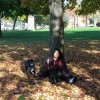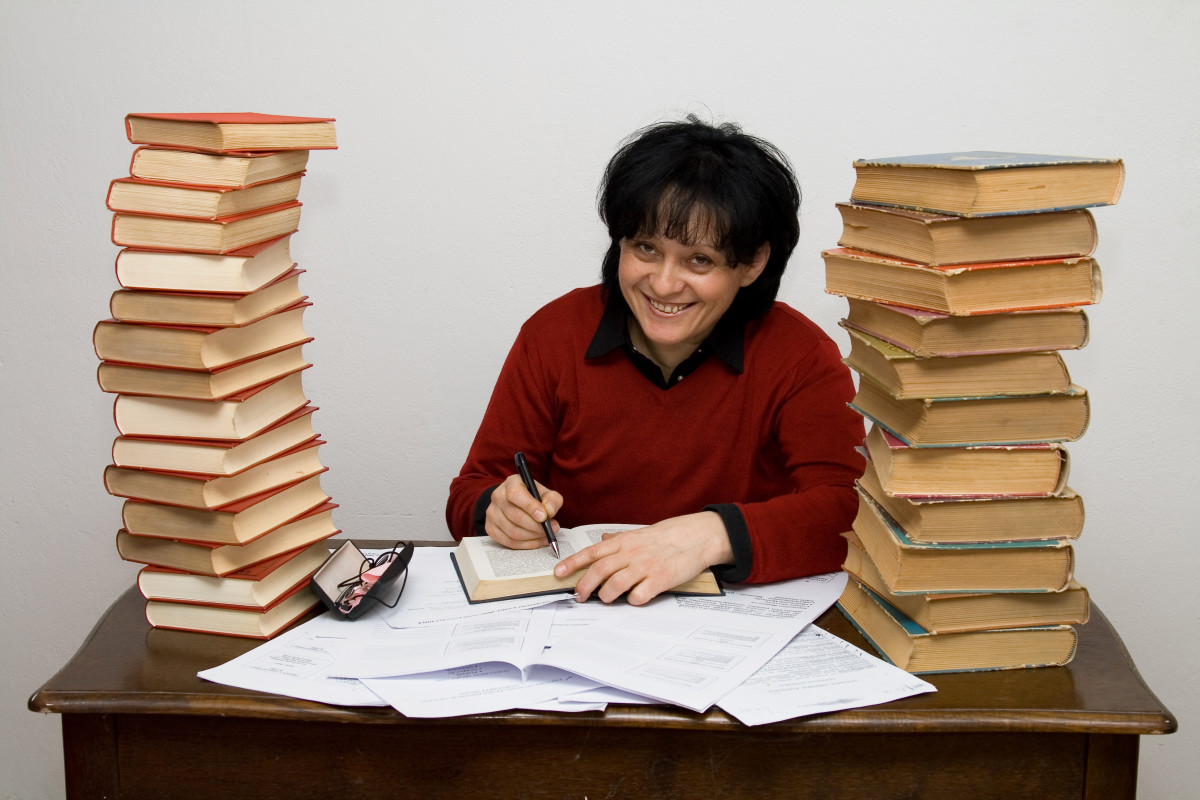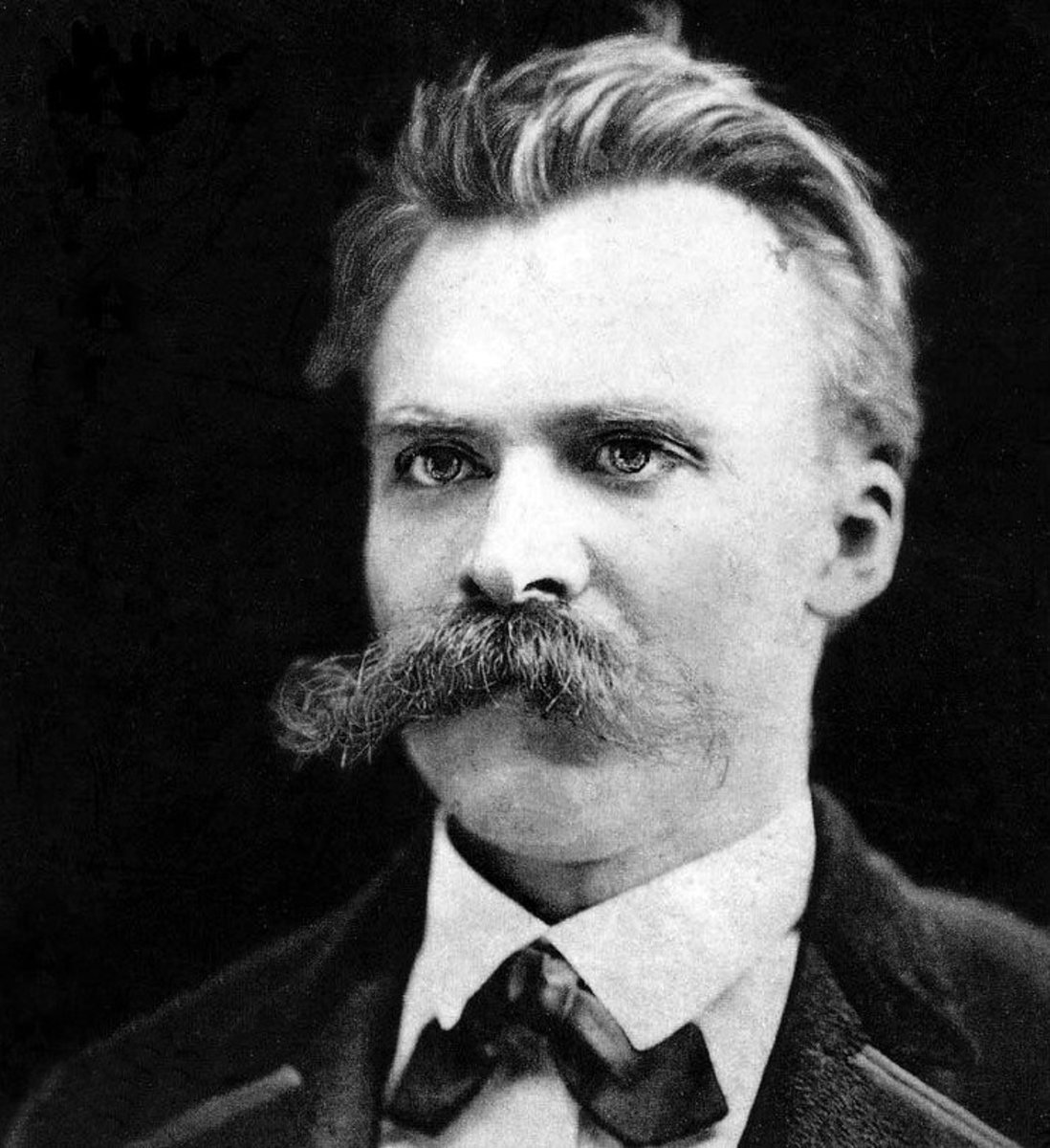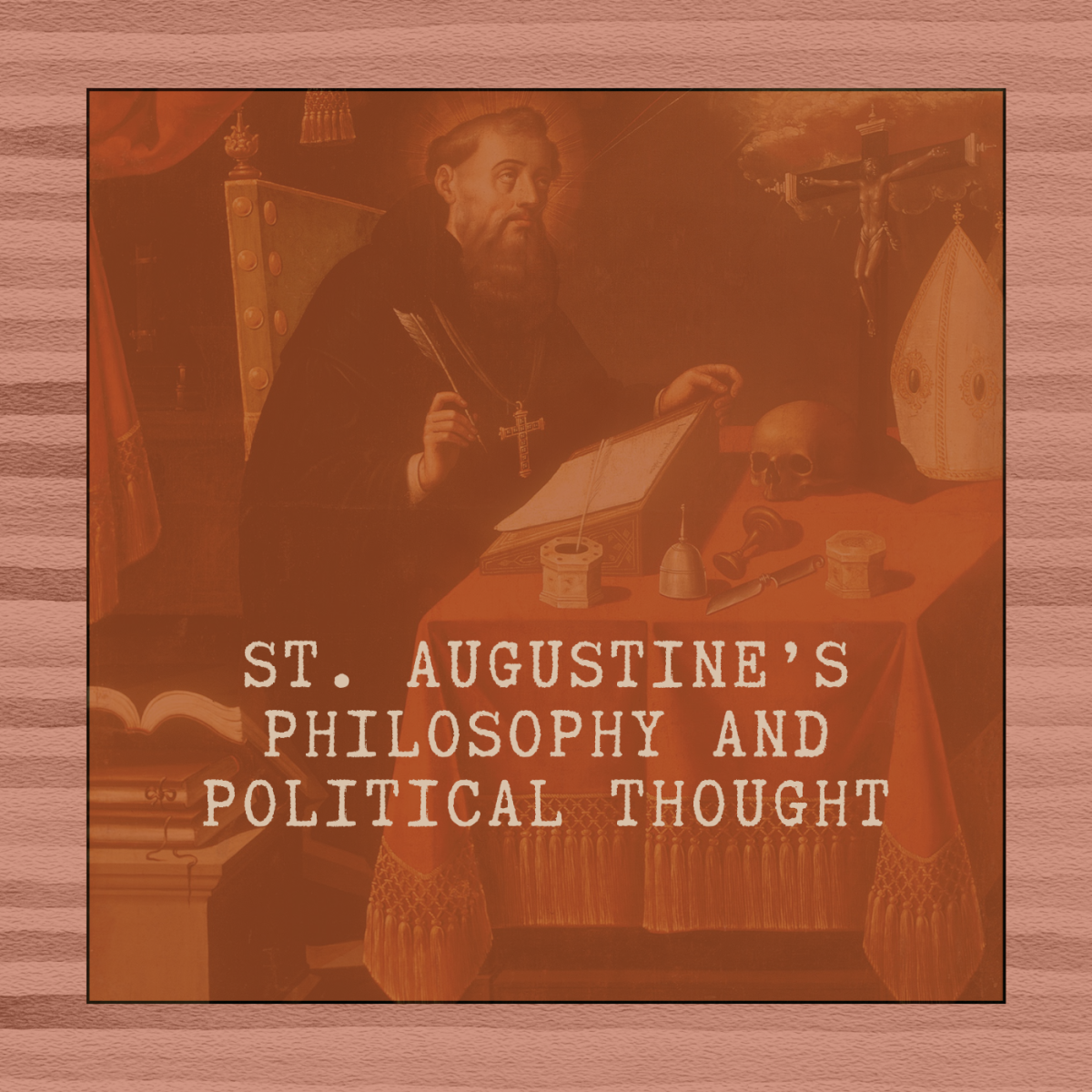The importance of a mentor
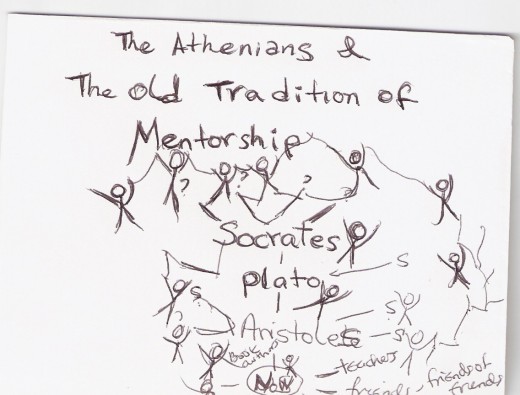
Never tell another person that he or she is a failure...
Find this books at my store: I hand you this book

by Mirna Santana
Mentors provide guidance, inspiration and an engine that catapults the student farther and faster than it would by its own means. To be a mentor is to leave a legacy to a fellow human being and hence to society at large. To be a mentee or a student is to be willing to carry on that knowledge and if possible to make it better.
"I must admit that I personally measure success in terms of the contribution an individual makes to her or his fellow human beings." Margaret Mead, Anthropologist
In the same way mentoring is an active two way process were both mentor and mentee contribute to each other development. Both the mentor and the mentee teach each other and learn from each other said Louis Zacchary, author of the Mentee's Guide: making mentoring works for you. Today's mentoring says Zachary, is more collaborative, more precise, and also more structured.
In a way Zacchary structure and book reminds me that some students want to have everything in steps, digested, and do not want to think or struggle. Still learning requires to be open to change old paradigms, to re-learn, to abandon old things that we have learned, to be able to welcome new ideas. It is the same way for a teacher, because, teachers that do not actualize themselves would fall behind their students.
Leaning and teaching is a processes of constant reflection and actualization. It is a process of discerning what type of ancient/or new knowledge is good to keep, how to use it, and how to deliver, apply it or learn it.
Mentorship or mentoring has long been a tradition of humanity. It is the way we learn naturally. Mentors do help their disciples or students to fast track their learning curve and thus to acquire knowledge rapidly and using efficient ways.
Science and philosophy have long been known for keeping this tradition. This also exists in business, sports, and teaching. And it is the traditional way ancient societies use to carry on and pass their knowledge.
These days, instead of the term mentor, we like to use the terms teachers and coaches, which are paid professionals. Yet, the ancient tradition of free exchange master-disciple continue to this day not only within the walls of universities, e.g., professor and graduate students, but also pretty much in all venues of life. You can find mentors pretty much in all professions: lawyers, wall street investor, or ancient tribal shamans in Africa or the Amazon jungle.
Mentoring is thus a human device to pass knowledge and traditions that need to be preserved and improved by the mentee or student. In the best sense, the passing of the bastion of knowledge helps a given individual, a group, a culture, or population to survive and thrive in a given environment.
In the wild young animals either imprint their babies or teach them certain behaviors such as hunting, which allows them to survive on their own. Certain birds species use a ''color spot'' to imprint a ''memory'' related to a behavior that allow the young animal to survive. Other animals teach their young hunting or escape strategies through example or play. Of course many mechanisms are part of the genetic information, but some behavior is acquired through teaching and learning.
Only part of the knowledge acquired by mentoring system is used for the betterment of society. Thus even among the best known criminal minds you will find mentors (someone they seek to imitate)-- or mentees (followers). A petty thief was unlikely schooled by ‘’ the professionals" or he/she did not seek to imitate the best in his/her area.
In the same token, not all mentee do better than their masters. Some students outperform their mentors or teachers--and pass on that knowledge plus their own to future generations. Other students do not follow the lineage yet as innovators, they may modify previous knowledge and by doing so contribute to the advancement of societal knowledge. This is the way of scientist and technology innovators--it is also the way of fashion designers, artist, and craftman.
It is part of the human spirit, and perhaps even a need to pass to others what one have learned. People do aspire to leave a legacy. Teaching and mentoring serves the purpose of helping the teacher or mentor to pass that knowledge or legacy. And learning in this tradition helps the mentee or student to carry on with a project that may be longer than its own life.
Socrates came from an old tradition of mentors. He was also a self-learner. His legacy include knowledge from his own experiences as well as from his studies. In the experiential part and perhaps also in the role of a student, he probably benefited from mentors. Socrates taught many students, the most famous of which is Plato.
In the same way, Plato continued the tradition of the Athenians and also taught many students--one that we clearly recognize is Aristoteles.
Although it looks simple, they themselves added knowledge from other sources, other mentors and teachers, and their own families and experiences. Through centuries other people have also taken of that knowledge and transformed it in different ways.
Can you list some people that have serve as your mentors? I am sure you can. For many of us, our first mentors were our relatives, our neighbors, our peers and the school system (society as a mentor is but divided in gardens and parcels).
In the US and Europe, the Trascendentalists such as Ralf Waldo Emerson carried some of the ancient traditions and passed it on. Henry David Thoreau for example was a disciple of Emerson. Emerson was well known for his seminars that also influenced a lot of people--and still do to these days thanks to all the writing materials he left to us.
In other places, Da Vinci, Michael Angelo, Camus, Vargas Llosa, Garcia-Marquez, Picasso, T.S. Elliot, and others were influenced by contemporaries and by predecessors-- and they too influenced others. They learned from their mentors and they learned from solitude (where one really assimilates all the knowledge and transform it).
For some people the most important mentor of their entire life is not another person but an experience or a book. An author can influence others through words, speeches, and sometimes by the way it lives its own life. Still, a crisis, a personal situation, and even a disease can also serve to teach us.
A mentor I define it again, is a person or 'a thing or situation' that pushes us farther that we would have gone, if we were to follow our regular sequence or ways of acquiring knowledge or experience.
If you know something really well perhaps you already know that it is part of your life task to pass it on. You are a mentor and someone is waiting to learn from you!
Besides the math and science teachers, and the literature masters or the handyman that say a bad word--and taught me otherwise that harsh language is not my thing...I like to learn from the poets. Why? You may ask. The short answer is -- because, they have gone into deep incursions that have taken them higher than the Himalayas or as lower as hell. Here I say god bye for now, with the words Rumi has for me today. From the short poem Every Craftman....this is one poem that I read many times and always find a different lesson.
"Friendship and loyalty have patience
as the strength of their connection.
Feeling lonely and ignoble indicates
that you haven't been patient.
Be with those who mix with God
as honey blends with milk, and say,
[please say] Anything that comes and goes,
rises and sets, is not
what I love...[or ] else you'll be like a caravan fire left
to flare itself out alone beside the road."
Finally, as Jack Canfield (video provided) suggests, do not give up in your dreams of finding a good mentor. He says that you shall ask questions and follow their steps and suggestions. You also need to correspond and help your mentor-- and be thankful for their help. Besides that I would ask that you listen to your own insights too. If a person tells you constantly that you are a failure, don't follow them, because, they do not know how to guide you. They may think they have good intentions, yet they are putting you down and down with 'their good intentions'. Those people even if they have been given the role of mentor/or have successfully mentored someone else--are not a good match for you.
Know that everybody has a gift, and you are not an exception. You may be a writer, and artist, a craftman, a poet, a sport person, only you know...and your mentor. A good mentor will be supportive and truthful--and will not let you down. Do remember that many so call 'failures' like Einstein, Byron (video), and Thomas Edison, never stopped believing in themselves and their ideas--and when they did someone that cared for them, a coach or a mentor, or a friend, padded them on the back and they kept going. This is the kind of mentor each one need, and the kind of mentor we shall be for others.
Dedicated to my nephews and nieces--and to the sons and daughters each one of us is.
© 2011 MSantana
